First Fridays take a playful turn Architect's exhibition features collection of construction and building toys
Read this article for free:
or
Already have an account? Log in here »
To continue reading, please subscribe:
Monthly Digital Subscription
$0 for the first 4 weeks*
- Enjoy unlimited reading on winnipegfreepress.com
- Read the E-Edition, our digital replica newspaper
- Access News Break, our award-winning app
- Play interactive puzzles
*No charge for 4 weeks then price increases to the regular rate of $19.00 plus GST every four weeks. Offer available to new and qualified returning subscribers only. Cancel any time.
Monthly Digital Subscription
$4.75/week*
- Enjoy unlimited reading on winnipegfreepress.com
- Read the E-Edition, our digital replica newspaper
- Access News Break, our award-winning app
- Play interactive puzzles
*Billed as $19 plus GST every four weeks. Cancel any time.
To continue reading, please subscribe:
Add Free Press access to your Brandon Sun subscription for only an additional
$1 for the first 4 weeks*
*Your next subscription payment will increase by $1.00 and you will be charged $16.99 plus GST for four weeks. After four weeks, your payment will increase to $23.99 plus GST every four weeks.
Read unlimited articles for free today:
or
Already have an account? Log in here »
Hey there, time traveller!
This article was published 05/12/2019 (2197 days ago), so information in it may no longer be current.
Most of us loved to play with toys when we were children, but many of us stopped as we grew up.
EVENT preview
Building Toys
● Winnipeg Architecture Foundation
● 266 McDermot Ave.
● Dec. 6 to Dec. 24
● Monday to Friday 9 a.m. to 4:30 p.m.
The Winnipeg Architecture Foundation wants to change that with its new exhibit, Building Toys, which debuts at First Fridays in The Exchange.
The exhibit features construction and building toys from the collections of Rae Bridgman, a professor at the University of Manitoba’s department of city planning, and James Wagner, an architect with the federal government.
Toys on display include childhood favourites such as Lincoln Logs, Meccano and Lego, as well as plenty of toys on hand so visitors can create their own works of architectural brilliance.

But the toys aren’t only fun: they’re also developmentally formative, engaging and involve spatial awareness for those who play with them. That’s what attracted Wagner, whose childhood passion for Lego sparked a grown-up passion for architecture — and toys.
“I was always interested in putting pieces together and assembling pieces into bigger things,” Wagner says. “As a child, Lego bricks were the toy I had the most of and spent most of my time with. I still have my old bricks at home.”
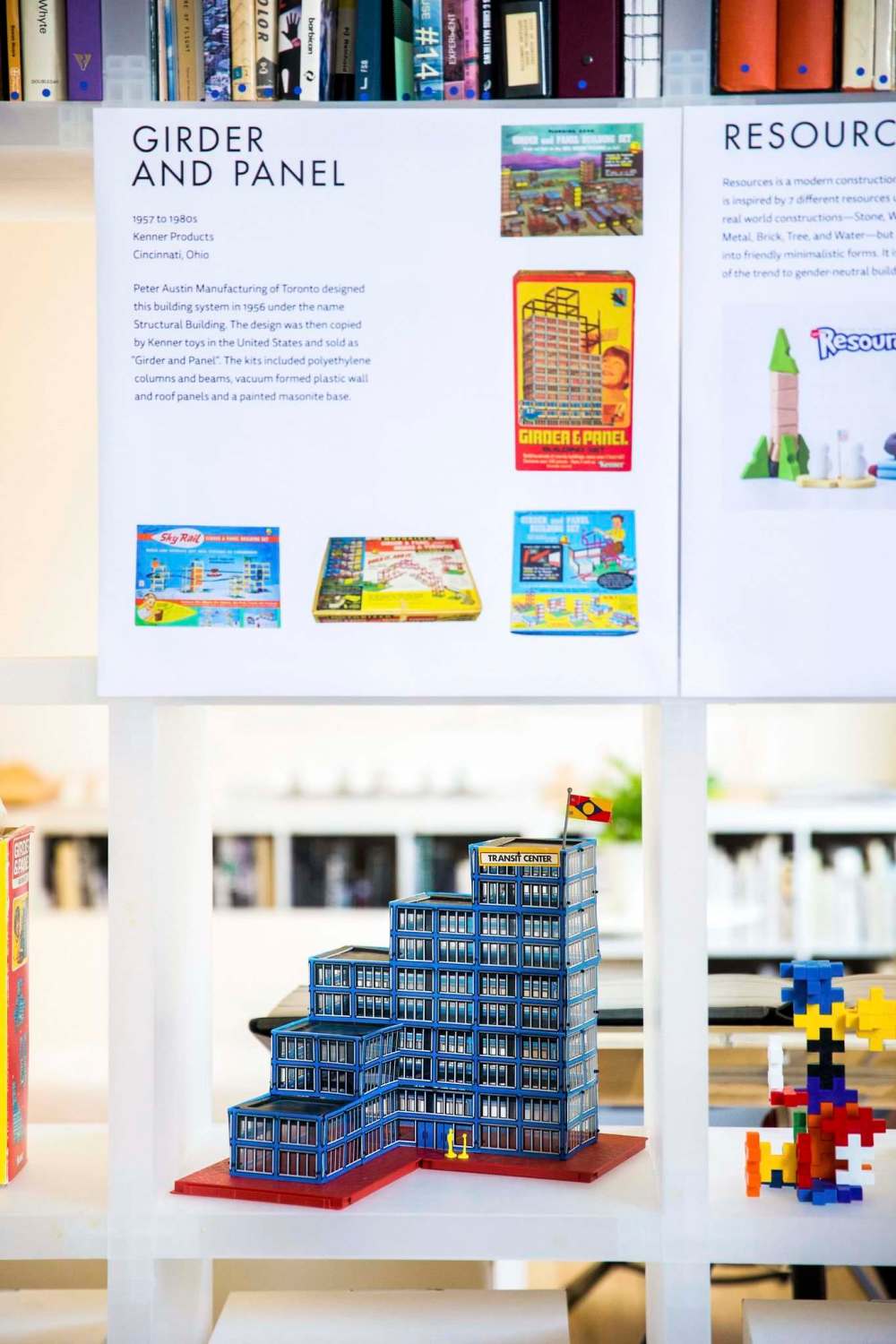
Wagner never set out to become a collector of toys, but a combination of nostalgia and happenstance sent him down the path.
“I happened across a set — the Girder and Panel building set — that I used to play with as a kid,” Wagner says. “I purchased it on a whim thanks to the nostalgia factor. Then I thought I’d just keep my eye open for other things I might come across.”
While architecture may not always be thought of as visual art, Susan Algie, the Winnipeg Architecture Foundation’s executive director, says they have a great deal in common.
“Architecture is the most encompassing of all the visual arts,” she says. “Johann Wolfgang von Goethe said, ‘Music is liquid architecture; architecture is frozen music.’ Similar to music, architecture has pattern, rhythm, surprise, and high and low notes, which can be displayed through the choice of size, scale and materials.
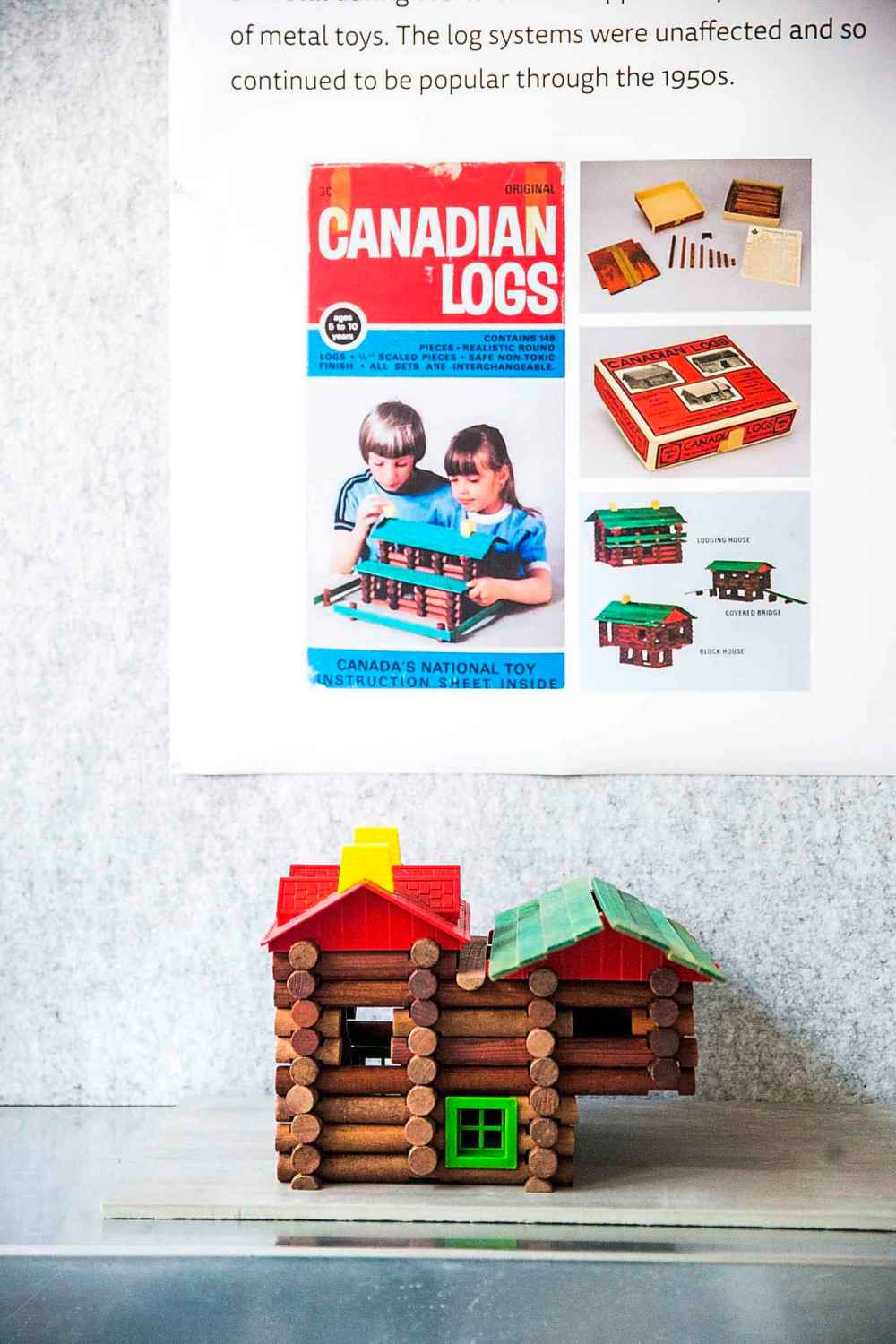
“We live, work and play in buildings, most of which are designed by architects. Playing with toys uses many of the skills required by an architect, like creativity, math and spatial awareness.”
The exhibition also raises social and economic awareness, highlighting the shift in toy-marketing tactics and the evolution of toy construction materials.
“The person who invented Lego was a carpenter,” Wagner says. “He began by making toys from wood. He made wood bricks then began making plastic bricks after (the Second World War).”
“Construction sets have existed for almost 200 years,” Algie adds. “The early sets were wooden blocks. As technology allowed greater use of rubber, metal and plastic, the range of building sets expanded. At first, the focus was on toys for boys, but gradually there was a shift to invite young women to also build.”
All ages and genders are welcome at the foundation’s exhibition to view the creations on display and create some of their own.
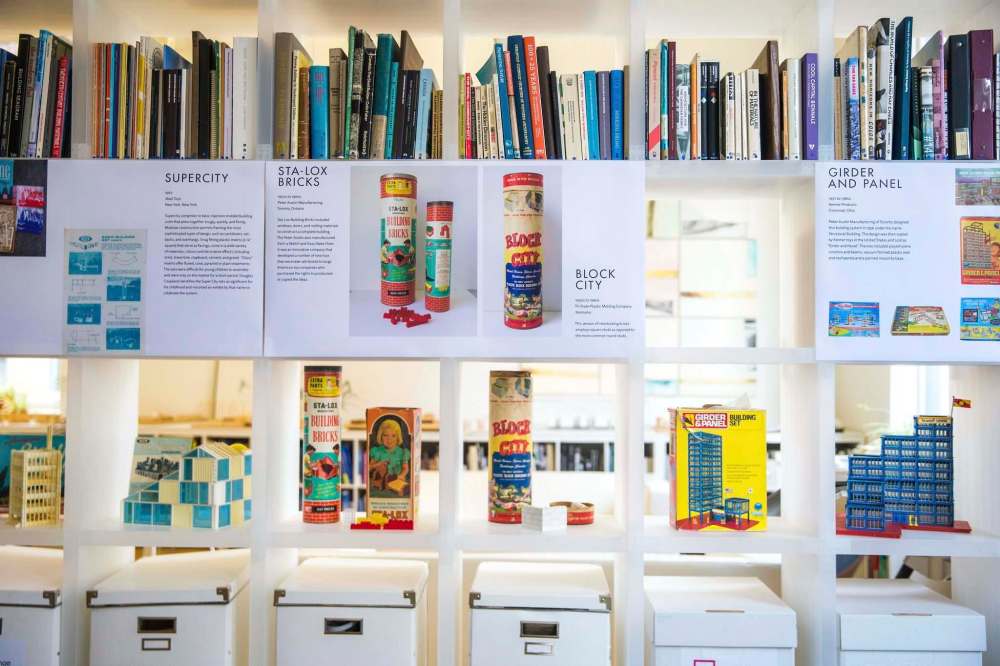
“We wanted to host a fun, kid-friendly exhibit for people of all ages,” Algie says.
“We want to get people juiced about architecture, and this is a fun way to do it.”
frances.koncan@freepress.mb.ca
Twitter: @franceskoncan

Frances Koncan (she/her) is a writer, theatre director, and failed musician of mixed Anishinaabe and Slovene descent. Originally from Couchiching First Nation, she is now based in Treaty 1 Territory right here in Winnipeg, Manitoba.
Our newsroom depends on a growing audience of readers to power our journalism. If you are not a paid reader, please consider becoming a subscriber.
Our newsroom depends on its audience of readers to power our journalism. Thank you for your support.



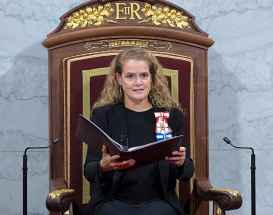

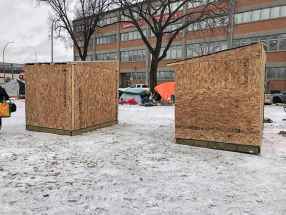
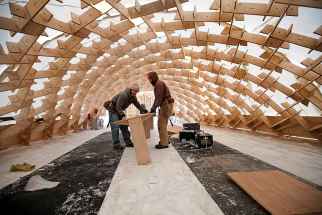
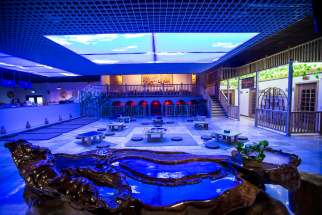

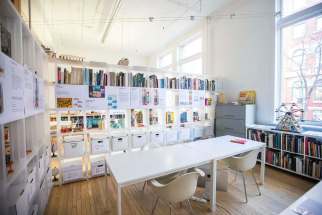
.jpg?h=215)
